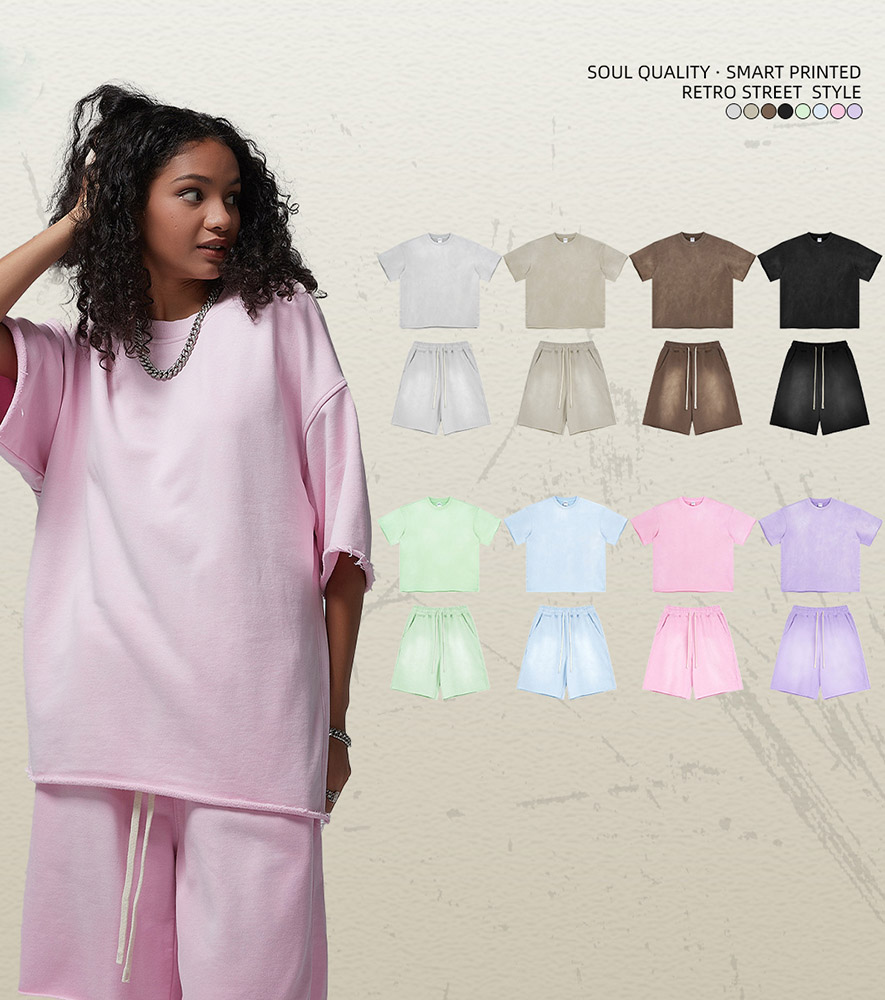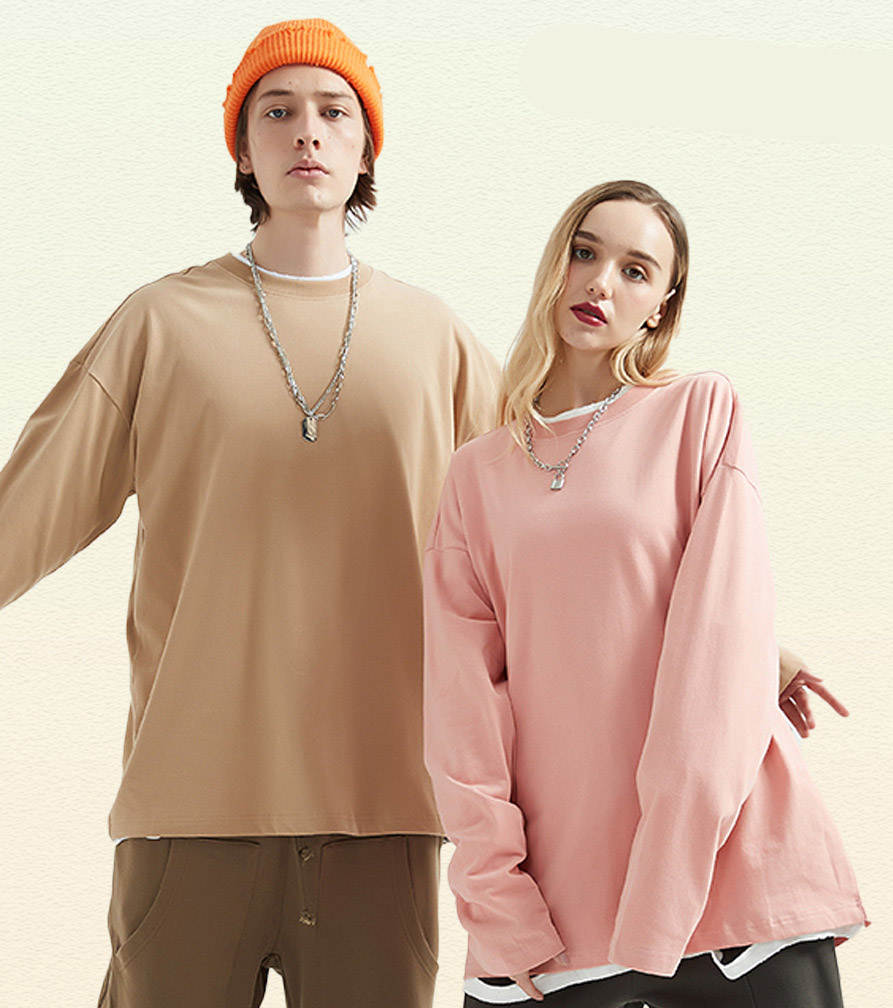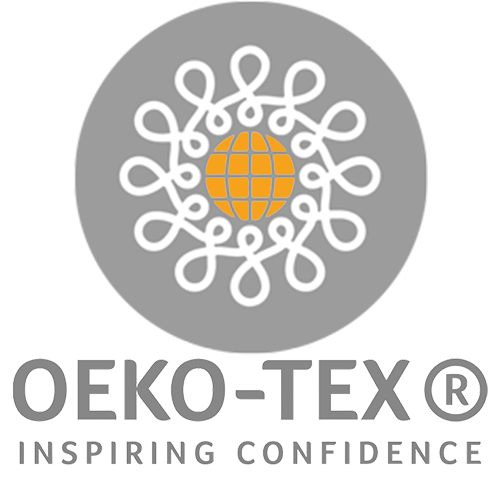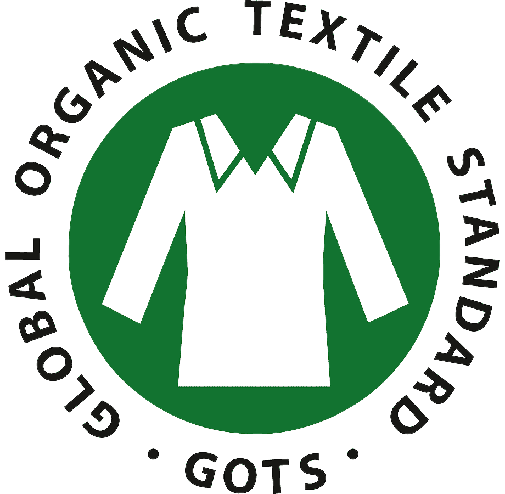Cotton is one of the most widely used fabrics in the world, found in everything from T-shirts to bed sheets. However, not all cotton is the same. With growing awareness of sustainability, many brands now offer 100% organic cotton alongside 100% regular cotton. But what exactly is the difference between the two, and which one is better?
The key difference between 100% cotton and 100% organic cotton lies in how they are grown and processed. Organic cotton1 is cultivated without synthetic pesticides, fertilizers, or genetically modified seeds, making it more eco-friendly. Regular cotton, while still natural, often undergoes chemical treatments that impact the environment and fabric properties.
Both fabrics have their pros and cons in terms of sustainability, durability, and cost. Let’s break down the differences in detail.
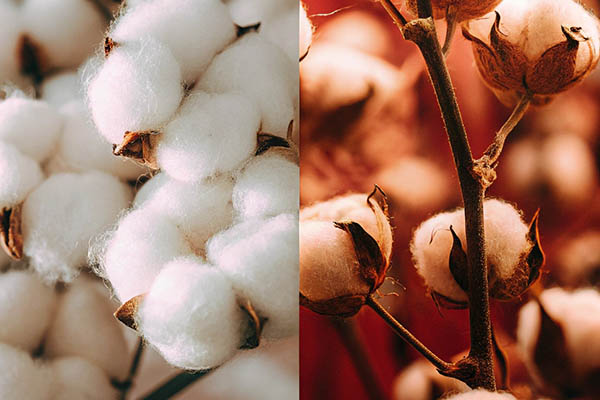
How is 100% cotton different from 100% organic cotton?
While both types of cotton come from the same plant, their farming and processing methods differ significantly.
100% cotton is grown using conventional farming techniques, which include pesticides and synthetic fertilizers to maximize yield. In contrast, 100% organic cotton is grown under strict environmental guidelines, avoiding harmful chemicals and promoting biodiversity through sustainable farming2.
Key differences in farming and processing:
| Factor | 100% Cotton | 100% Organic Cotton |
|---|---|---|
| Farming Method | Uses pesticides, fertilizers, and GMOs for higher yield. | Grown without synthetic chemicals, using natural pest control. |
| Water Usage | Requires heavy irrigation in some regions. | Uses rain-fed farming where possible, reducing water waste. |
| Environmental Impact | Can cause soil depletion and water pollution. | Improves soil health and promotes biodiversity. |
| Processing | May be treated with bleaches and dyes with chemicals. | Uses non-toxic, eco-friendly dyes and finishes. |
While both fabrics are natural and biodegradable, organic cotton has a lower environmental footprint due to sustainable farming practices.
Is organic cotton softer than regular cotton?
Fabric softness depends on fiber length and processing rather than just whether it’s organic.
In general, organic cotton feels softer because it lacks harsh chemical treatments. However, high-quality 100% cotton can also be soft if processed correctly. For people with sensitive skin3, organic options may feel gentler.
How does fabric quality compare?
| Feature | 100% Cotton | 100% Organic Cotton |
|---|---|---|
| Softness | Can be soft, but processing may make it rougher. | Generally softer due to chemical-free processing. |
| Breathability | Absorbs moisture, but finishing treatments can affect it. | More breathable and moisture-wicking. |
| Texture Over Time | Can become stiff if treated with chemicals. | Gets softer with every wash. |
If softness is a priority, organic cotton is a better choice, especially for people with skin sensitivities or allergies.

Which is more durable: 100% cotton or 100% organic cotton?
Durability is an important factor when choosing cotton for clothing and home textiles.
Organic cotton is less processed and maintains its natural fibers, making it long-lasting. However, regular cotton is often chemically treated to improve strength and wrinkle resistance.
How do they compare in durability?
| Feature | 100% Cotton | 100% Organic Cotton |
|---|---|---|
| Fabric Strength | Often treated with chemicals to increase durability. | Naturally strong, but may shrink slightly. |
| Shrinkage | Less shrinkage due to chemical treatments. | May shrink more if not pre-washed. |
| Pilling & Wear | Can develop pilling over time. | Less pilling, but needs proper care. |
While both types of cotton last a long time, organic cotton requires gentler washing to maintain its softness and strength.
Is organic cotton better for the environment?
One of the biggest selling points of organic cotton is its environmental benefits.
Conventional cotton farming is resource-intensive, requiring large amounts of water, pesticides, and chemical fertilizers. Organic cotton farming, on the other hand, uses natural pest control, crop rotation, and rain-fed irrigation to minimize environmental harm.
Environmental impact comparison:
| Factor | 100% Cotton | 100% Organic Cotton |
|---|---|---|
| Water Consumption | High, often requiring irrigation. | Up to 91% less water when rain-fed. |
| Pesticides & Fertilizers | Heavy use of synthetic chemicals. | No synthetic pesticides or fertilizers. |
| Soil Health | Depletes soil nutrients over time. | Uses crop rotation to maintain soil health. |
| Carbon Footprint | Higher due to chemicals and irrigation. | Lower emissions due to sustainable farming. |
For eco-conscious buyers, organic cotton is the better option as it helps reduce pollution, soil degradation, and water waste.
Why is organic cotton more expensive than regular cotton?
Despite its benefits, organic cotton comes at a higher price compared to regular cotton.
This is largely due to factors that affect organic production costs4.
Organic cotton costs more because of lower crop yields, labor-intensive farming, and the cost of certifications like GOTS (Global Organic Textile Standard).

What makes organic cotton more expensive?
| Cost Factor | 100% Cotton | 100% Organic Cotton |
|---|---|---|
| Farming Yield | High yield per acre due to chemical fertilizers. | Lower yield, requiring more land. |
| Labor Costs | Machine-intensive farming reduces costs. | Manual labor for weed and pest control. |
| Certification Fees | No special certification needed. | Farmers and brands must pay for organic certification. |
The higher cost of organic cotton is the trade-off for better environmental and ethical practices.
Which cotton is better for clothing brands?
For brands, choosing between 100% cotton and 100% organic cotton depends on target consumers and production goals.
Organic cotton is best for eco-conscious, high-end fashion brands, while regular cotton is more practical for affordable, mass-market apparel.
Which should brands choose?
| Business Type | Best Cotton Choice | Why? |
|---|---|---|
| Luxury & Sustainable Brands | 100% Organic Cotton | Eco-friendly and soft. |
| Budget & Fast Fashion | 100% Cotton | Lower cost and higher availability. |
| Workwear & Durable Clothing | 100% Cotton or Cotton Blends | Stronger fabric with chemical treatments. |
For startups and ethical brands, organic cotton adds value by aligning with sustainability goals. However, for bulk production, regular cotton remains the cost-effective choice.
Should you choose 100% cotton or 100% organic cotton?
Both types of cotton have their own advantages and trade-offs.
Choose 100% organic cotton if you value sustainability, softness, and chemical-free clothing. Choose 100% cotton if you need affordability, durability, and wide availability.
Who should choose organic cotton?
✅ Eco-conscious consumers who want sustainable fashion.
✅ People with sensitive skin looking for chemical-free fabrics.
✅ High-end and ethical brands focusing on premium quality.
Who should choose regular cotton?
✅ Budget-conscious shoppers looking for affordability.
✅ Companies needing large-scale production with low costs.
✅ Workwear or durable clothing requiring extra treatment.
Conclusion
The main difference between 100% cotton and 100% organic cotton lies in farming methods, environmental impact, and cost. Organic cotton is chemical-free and eco-friendly, while regular cotton is widely available and more cost-effective.
If sustainability is a priority, organic cotton is the better choice. However, for mass production and affordability, 100% cotton remains the industry standard.
-
Learn about recognized standards that guarantee eco-friendly production methods. ↩
-
Dive into eco-friendly practices that reduce water waste and preserve soil health. ↩
-
Explore dermatologist opinions about hypoallergenic fabric benefits. ↩
-
Understand the factors driving production costs of eco-friendly cotton. ↩




